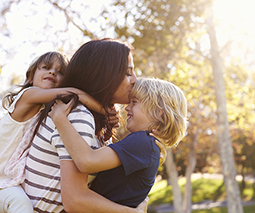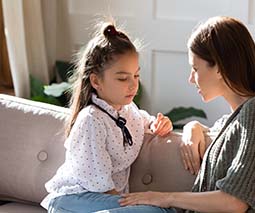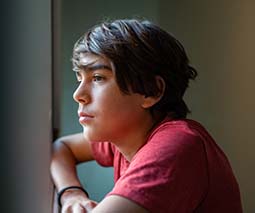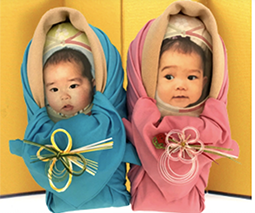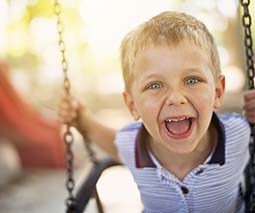Why sending your kid to childcare isn’t ‘outsourcing parenting’
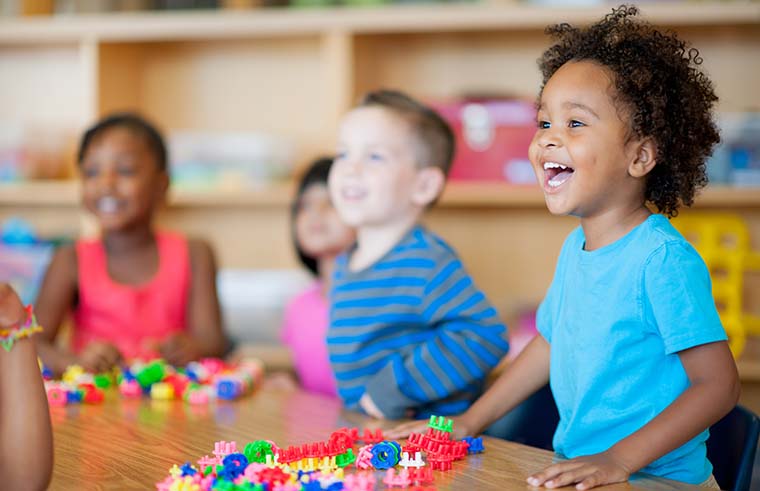
A Coalition party room meeting last month debated the A$1.7 billion childcare package announced in the budget, which would increase subsidies for families with more than one child in care and remove a cap on subsidies for higher-income families. One MP reportedly suggested working women were “outsourcing parenting” by sending their kids to childcare.
Leaving aside the fact sending your kid to childcare doesn’t preclude you from parenting at home when your kid isn’t in childcare, early childhood education and care – which includes childcare and preschool – is an important part of a child’s development.
Parents are thought to be a child’s first and most influential educator. But children are also raised in the community. They learn important social, emotional, physical and cognitive skills and abilities during the critical time of their development. The course of human history over millennia shows raising a child takes a village.
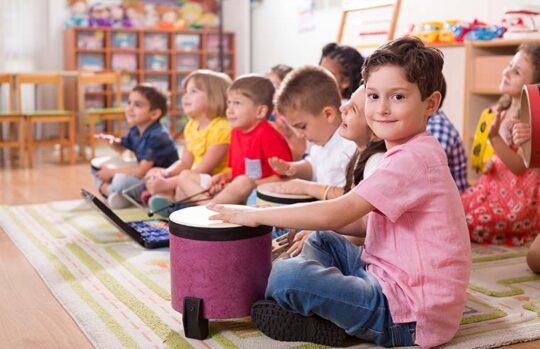
It takes a village
Young children need relationships with parents and other caregivers in society to develop important social and cognitive skills. Australia’s early childhood learning framework (equivalent to a curriculum) is called Belonging, Being and Becoming. This highlights its focus on children’s relationships, social skills and becoming members of society.
There is no one size fits all guide for parenting as each family is different.
For instance, a study of women who required admission to residential parenting services (around 80 percent needed help to settle the child) found over half had a history of mental health issues. The study’s authors noted Australian women were not routinely receiving the psychological and social help they needed. They wrote: “Parents have lost the village it takes to raise a child and increasingly feel isolated and unsupported.”
Early childhood education and care centres are one important part of our village.
They form a support network established to ensure parents’ and children’s lifelong success. Around three in five Australian children (925,900 children) aged 0-4 attended some form of childcare in 2017. And nearly 296,000 (90 percent) of eligible children were enrolled in a preschool program in the year before full-time school.
Typically, the centres open at 6am and close at 6pm. Children can start enrolment from birth and will enter the nursery with an educator to child ratio of 1:4.
For parents who have experienced challenges parenting at home, or who may need help due to other commitments such as work, the option of early childhood education and care is precious. In 2015, the Productivity Commission estimated around 165,000 Australian parents would like to work more, but were prevented due to poor accessibility or affordability of suitable childcare.
Evidence shows participation in quality early childhood education for at least 15 hours per week benefits children’s overall development and provides them with important social and emotional skills.
We all play a role in raising children. It’s not a matter of outsourcing.
Written by Course Coordinator, Queensland Undergraduate Early Childhood, Australian Catholic University.
This article is republished from The Conversation under a Creative Commons license. Read the original article.
 Need some more toddler behaviour advice? Our Parent School toddler experts can help. Click to find out more or book a one-on-one session.
Need some more toddler behaviour advice? Our Parent School toddler experts can help. Click to find out more or book a one-on-one session.


